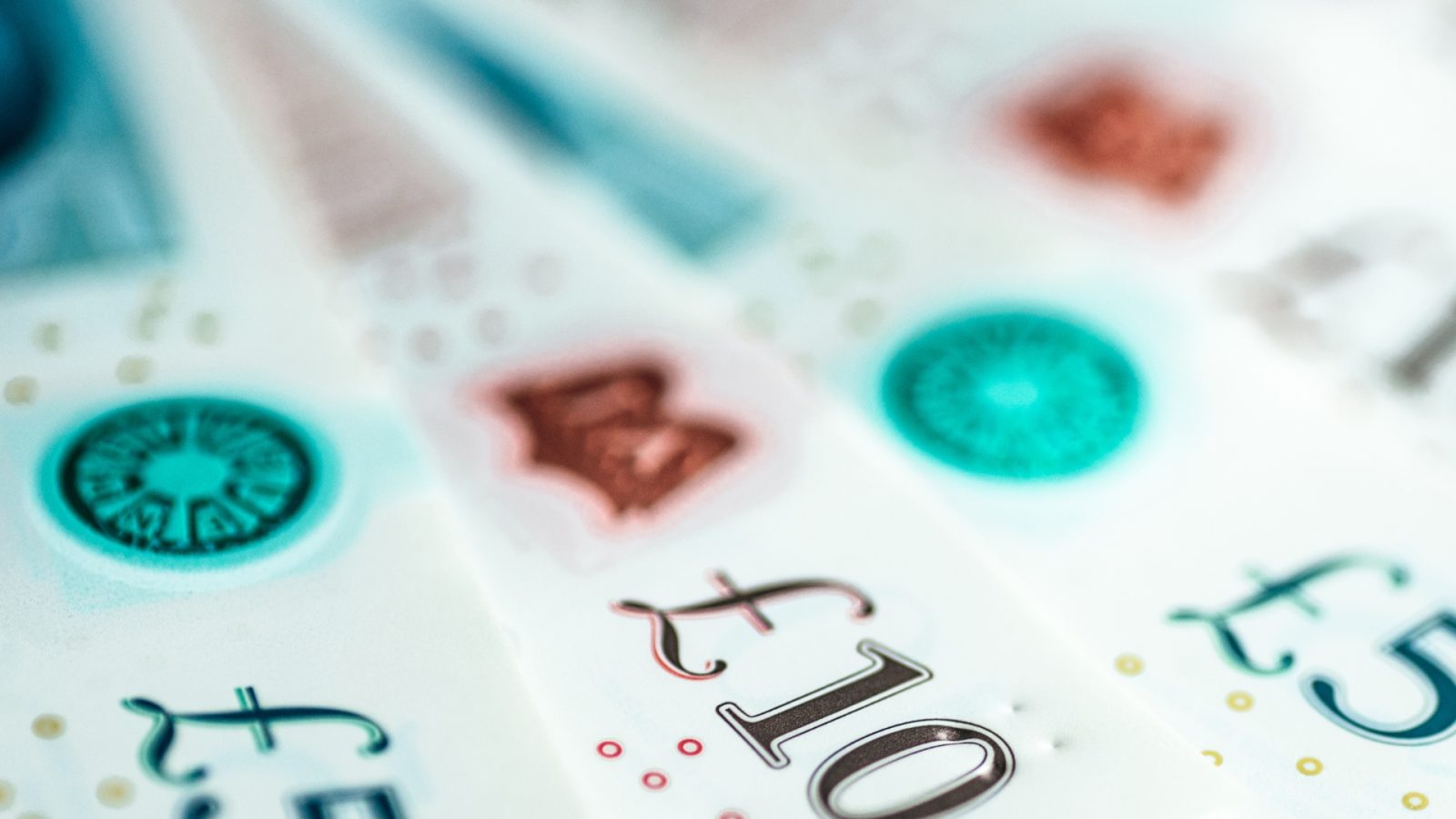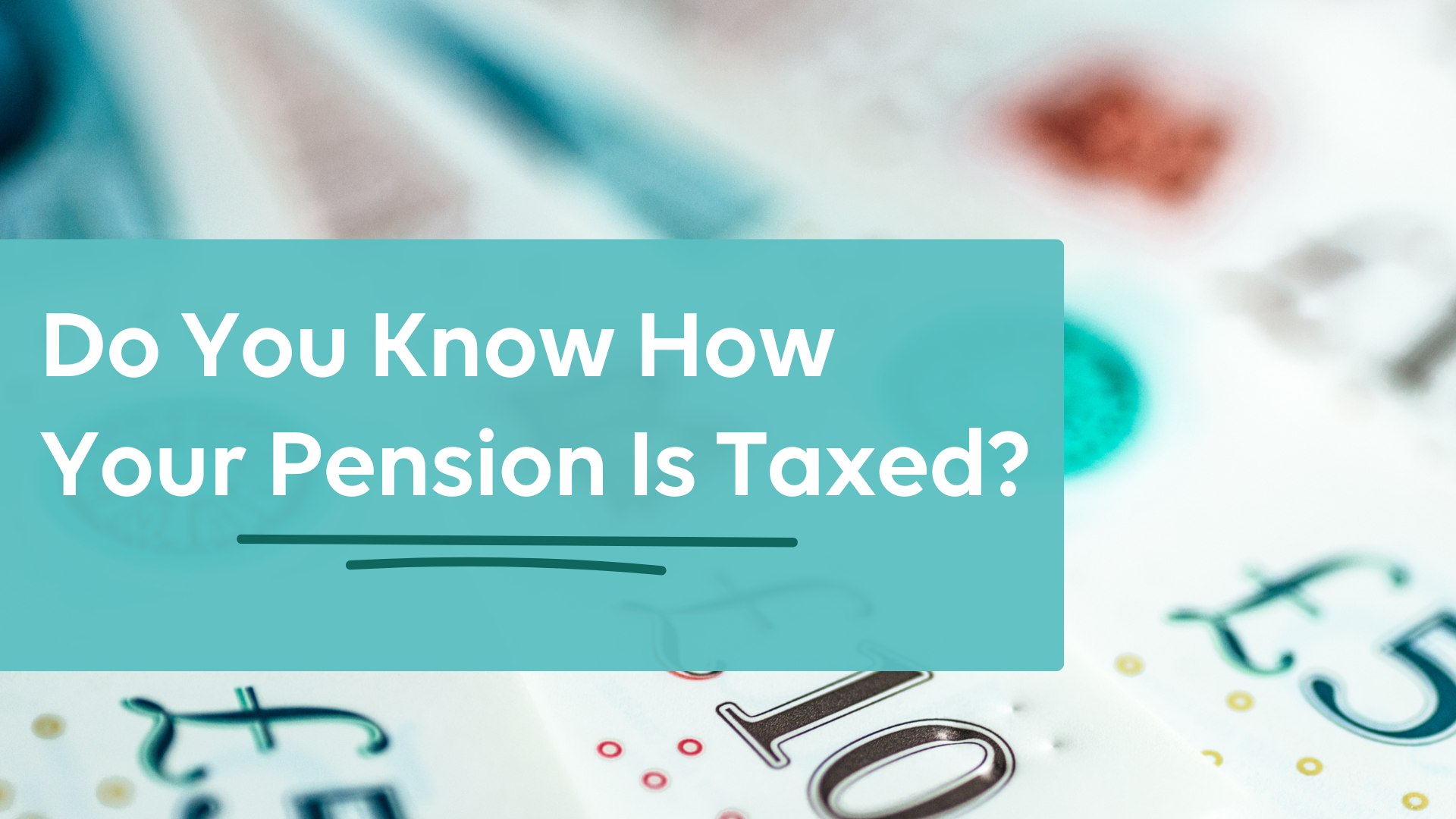Should You Carry On Or Call It A Day?
You’re still sharp, full of energy, and not quite ready to swap your work boots for gardening gloves just yet.…


Ever caught yourself pondering how your pension gets taxed? With policies always on the move, figuring out your position can be quite the maze.
That’s where we come in. We’re Joslin Rhodes, and our main goal is to simplify what seems complicated in your financial life.
In this blog post, we’ll break down the basics of pension taxation so you’ll know exactly where your money is going and how to make sure you’re benefitting from the various tax reliefs and tax-free allowances available.
Before we go into the specifics, it’s best to understand the three different types of pensions you might have:
– Defined Benefit (DB)
This pension pays out a retirement income based on your salary and how long you’ve contributed to the scheme. These pensions are now typically only available from public section employees or those with older workplace pension schemes.
– Defined Contribution (DC)
This is the most common workplace pension scheme that pays a retirement income based on how much money you and your employer have paid in as well as any income from the growth of your investments. These may also be referred to as ‘Money Purchase Plans’.
Yes. But only when you start to draw down or take income from your pension.
Any money you access from your pension will be added to your other income sources, such as employment earnings or rental income and taxed accordingly.
And how much you pay will depend on your total income and your personal tax allowance.
One of the key benefits of saving into a pension is tax relief on contributions.
This doesn’t mean that you won’t ever have to pay tax on your pension funds, it’s more that you’re not paying them now.
For most people, you’ll get tax relief at the basic rate of 20%. So, for every £80 you contribute, the Government adds £20, making the total contribution £100. Higher and additional rate taxpayers have the opportunity to claim further tax relief through their tax returns.
There is no limit to how much you can save into your pensions each tax year, but there is a limit as to how much can be paid in before a tax charge applies. There’s also a limit on the tax relief you can receive on your contributions, including those you’ve made, those made by your employer, and any contributions made on your behalf by someone else.
For the 2024/2025 tax year, the annual allowance is capped at £60,000 and applies to all your pension savings (excluding State Pension), not per scheme. However, individuals may be able to contribute more depending on their carry forward allowances from previous years. If you have no or very low earnings, this amount is £3,600.
Yes. If you have any unused annual allowance from the three previous tax years, you can carry this forward to the current tax year. So, you’ll still be able to benefit from tax relief while putting more money in your pension pot to enjoy later.
Starting from when you hit 55 (57 from April 2028), as part of the UK Pension Freedoms you’re able to dip into your workplace and personal pension pots and access up to a quarter of them tax-free.
You may though still need to pay some tax if the lump sums are over these allowances:
The LSA and LSDBA replace the Lifetime Allowance, which was recently abolished as of 6 April 2024. For more details on the new tax changes for 2024/2025 tax year, read our ‘Understanding Changes to UK Tax Allowances for 2024’ blog.
If the total value of all your pensions (excluding the State Pension) is less than £1,073,100, it is unlikely you’ll be affected by the Lump Sum Allowance (LSA). The LSA is 25% of this amount, meaning the tax-free limit is usually £268,275.
But, if 25% of your pensions adds up to more than the LSA of £268,275, you could receive less than 25% tax free.
It’s worth noting that there are three types of lump sum withdrawals that won’t count towards the LSA:
The maximum tax-free lump sums that you and your beneficiaries (those you’ve designated to receive your pension after your passing) can receive from your pensions is £1,073,100.
If the total value falls below this threshold (excluding the State Pension), you’re typically not liable for taxes on withdrawals. But, if it’s more than this, you will typically need to pay tax on anything above this. How much this is will depend on your personal tax rates.
It’s important to note that this tax-free allowance applies only if the individual passes away before the age of 75, as the Lifetime Savings Death Benefit Allowance (LSDBA) is applicable only until this age. Beyond 75, no specific test applies, and all pension benefits become taxable at the recipient’s marginal income tax rate.
A pension typically sits outside your estate for inheritance tax purposes. But, there’s always one, there may be some other taxes you need to consider, such as income tax.
Whatever you leave in your pension could be paid tax-free if:
This can be a big decision for your beneficiaries, so we’d always suggest seeking specialist tax advice.
You may be feeling a bit of information overload with everything we’ve told you here. We get it; pensions can be confusing, especially when it comes to taxes. But that’s where we come in.
At Joslin Rhodes, we’re all about making finance easier to understand. Whether you’re wondering about pension types, tax relief, or how to maximise your benefits, we’ve got your back.
Don’t let confusion hold you back from securing your financial future.
Give us a call today, and let’s unravel the mysteries of pensions together. It’s time to take control of your finances and plan for a brighter tomorrow.
Joslin Rhodes Pension & Retirement Planning – Real Advice, For Real People
Pop your details below to arrange a call with our local pension & retirement planning advisers

You’re still sharp, full of energy, and not quite ready to swap your work boots for gardening gloves just yet.…